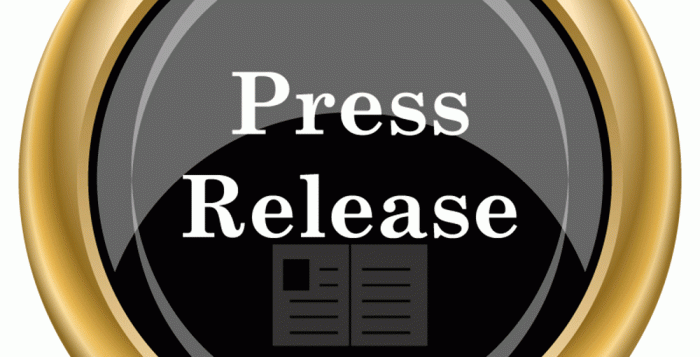ADvancing States and the ARPA HCBS TA Collective Announce Release of Report Summarizing State Experiences with ARPA HCBS Initiatives
FOR IMMEDIATE RELEASE
April 23, 2024
CONTACT: Camille Dobson
202-898-2578
ARLINGTON, VA — ADvancing States and our partners in the American Rescue Plan Act (ARPA) home and community-based services (HCBS) Technical Assistance Collective (TA Collective) are proud to release a report sharing findings about states’ experience in implementing their ARPA HCBS initiatives. While the ARPA infusion of federal dollars into HCBS provided an historic opportunity to try bold, new approaches to supporting people in their homes and communities, states were challenged to make systemic improvements given the time-limited nature of the federal funds.
To gather insights into states’ experiences in implementing their ARPA HCBS spending plans, the TA Collective fielded a national survey in early 2024 that aimed to identify successful strategies used by states implementing their ARPA HCBS spending plans, as well as any barriers hindering their success. Based on responses to that survey, this report highlights the challenges and barriers states faced in thoughtfully executing their initiatives in the midst of a public health emergency. The thirty-three states that responded to the survey shared the top barriers to implementing their projects as planned. These barriers include:
- Delays in obtaining approval from CMS for both their spending plans and the necessary federal authorities to implement those plans;
- Lack of staff capacity to design and implement complex initiatives;
- The time it takes to complete state procurement processes to implement projects; and
- The need to secure legislative approval and/or budget authority before beginning work.
The report also suggests ways to make any future time-limited investments in the HCBS system more effective, including giving states more time to implement, easing the CMS approval process and providing resources to both states and CMS. Moreover, any future investments should be accompanied by a federal evaluation to glean insights into successful interventions that could be replicated across the country.
While this report highlights challenges and lessons learned, it should be noted that, against all odds, states created transformational change with their ARPA spending plan initiatives. Our hope is that this report — and the recommendations contained therein — serves as a roadmap for any future federal investment in the HCBS system.
This report is also informed by the TA Collective’s work supporting states with their ARPA initiative planning, implementation, and evaluation activities and by observations and analysis of state and federal ARPA HCBS activities. It builds upon the TA Collective’s past work including, Efforts to Evaluate the Impact of ARPA HCBS Investments, an issue brief examining state evaluation approaches, and a summary of the work of the HCBS Sustainability Summit, which provided valuable context on sustaining the HCBS commitment fostered by ARPA investments. Both reports can be found here.
We are grateful to The John A. Hartford Foundation, the Care for all with Respect and Equity (CARE) Fund, The SCAN Foundation, and the Milbank Memorial Fund for their support in making the work of the TA Collective possible.
















